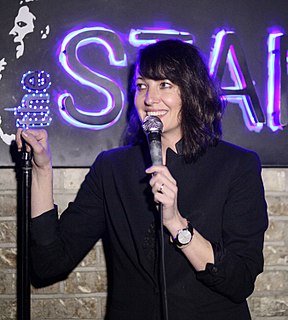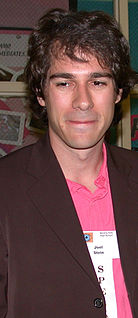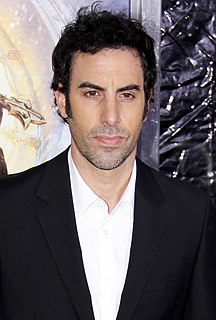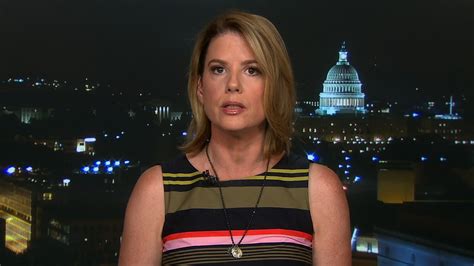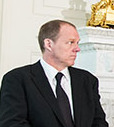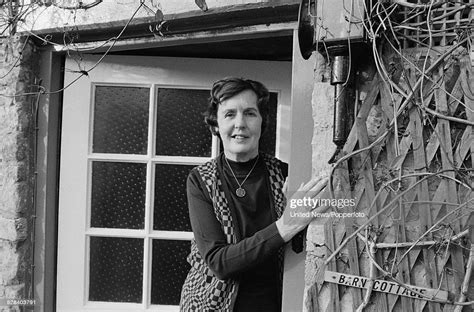A Quote by Greg Abbott
I typically start out almost every speech I give making some kind of joke about me being in a wheelchair.
Related Quotes
I keep on repeating something told to me by an American psychologist: "When you are making a joke about someone and you are the only one to laugh, it is not a joke. It is a joke only for yourself." If people are making a joke they have the right to laugh at me but I will ignore them. Ignoring doesn't mean that you don't understand. You understand it so much that you don't want to react.
I am never happy when I finish a book. I always start feeling good, and then I get to about Page 75 and start losing momentum - and I kind of pull it together at the end, but by then I think it's just all over. It's become almost a running joke among my agent and my editor - I always say that, so they don't take me seriously anymore.
These people who are making a big deal out of gay marriage? I don't give a fuck about who wants to get married to anybody else! Why not?! We're making a big deal out of things we shouldn't be making a deal out of. hey go on and on with all this bullshit about "sanctity"—don't give me that sanctity crap! Just give everybody the chance to have the life they want.
For me, promotional thing about some new album coming out destroys a lot of the excitement of making records. Records, movies, books - they're not supposed to be like math books. The purpose of them is to kind of take us out of ourselves and give us some sort of alternate experience or respite. To try to maximize the relationship of listening to a record through promotion is like experiencing driving a car by reading about stimulus programs. It kind of defeats the purpose.
I still don't really know what my style is. I like a lot of different kinds of comedy, I like watching it and I like being inventive and original. That's the problem with doing a longer set - you can't do every joke that you have because some stuff contradicts other stuff. Even when you know that the audience knows that you're joking and it's not true, you still can't do a joke about your family dying and then later talk about your Mom. I mean you want to keep some kind of cohesive order going.
I might spend 100 pages trying to get to know the world I'm writing about: its contours, who are my main characters, what are their relationships to each other, and just trying to get a sense of what and who this book is about. Usually around that point of 100 pages, I start to feel like I'm lost, I have too much material, it's time to start making some choices. It's typically at that point that I sit down and try to make a formal outline and winnow out what's not working and what I'm most interested in, where the story seems to be going.
We all want to be special, to stand out; there's nothing wrong with this. The irony is that every human being is special to start with, because we're unique to start with. But we then go through some sort of boot camp from the age of zero to about 18 where we learn everything we can about how not to be unique.
Perhaps there can be too much making of cups of tea, I thought, as I watched Miss Statham filling the heavy teapot. Did we really need a cup of tea? I even said as much to Miss Statham and she looked at me with a hurt, almost angry look, 'Do we need tea? she echoed. 'But Miss Lathbury...' She sounded puzzled and distressed and I began to realise that my question had struck at something deep and fundamental. It was the kind of question that starts a landslide in the mind. I mumbled something about making a joke and that of course one needed tea always, at every hour of the day or night.








